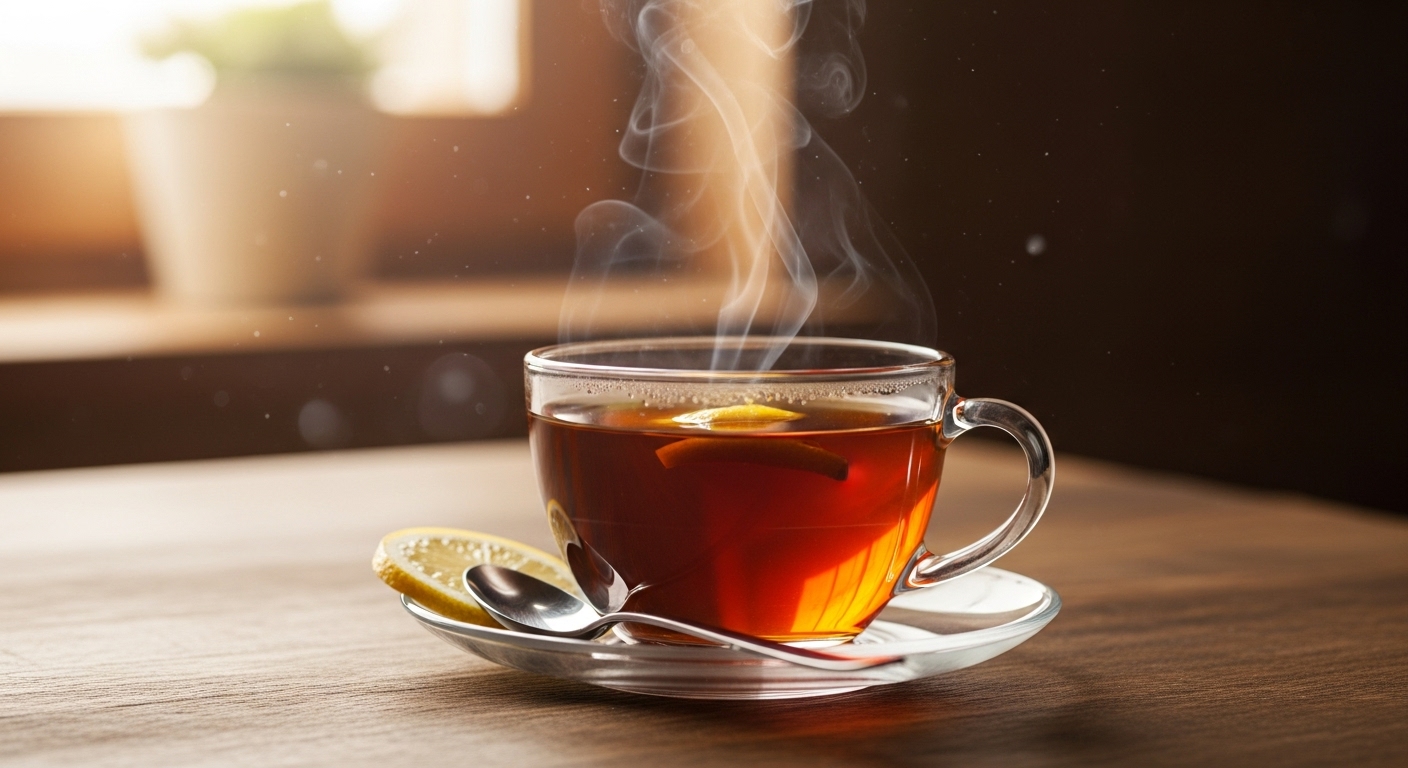Dr. Kumar’s Take
Caffeine doesn’t only affect human brains — it also enhances memory in pollinators. By adding small amounts of caffeine to their nectar, certain plants improve bees’ recall of floral scents, ensuring repeat visits and more efficient pollination.
Key Takeaways
- Caffeine in floral nectar enhances long-term memory in honeybees.
- Concentrations are similar to those found in natural plant nectars.
- Caffeinated nectar increased floral scent recall and foraging fidelity.
- Plants likely evolved this trait to optimize pollination success.
Actionable Tip
This study illustrates caffeine’s role as a biological modulator of learning, a property that extends from insects to mammals.
Study Summary
Researchers tested how caffeine-containing nectar influences the memory and foraging behavior of honeybees using associative scent training.
Study Design / Methods
- Type: Laboratory behavioral experiment
- Subjects: Apis mellifera (honeybees)
- Intervention: Caffeine-containing nectar versus control nectar
- Outcome: Retention of conditioned scent–reward associations
Results
- Bees exposed to caffeinated nectar were three times more likely to remember the floral scent after 24 hours.
- The effect persisted up to 72 hours post-conditioning.
- Optimal memory enhancement occurred at natural nectar caffeine concentrations (~0.1–0.3 mM).
Mechanism / Biological Rationale
Caffeine enhances synaptic plasticity in the mushroom bodies of the bee brain, analogous to hippocampal effects in humans. The result is stronger associative memory formation linked to reward learning.
Strengths & Limitations
- Strengths: Realistic caffeine concentrations, strong behavioral effect, ecological relevance.
- Limitations: Controlled lab environment; field-level pollination outcomes inferred but not directly measured.
Related Studies and Research
- Distribution and Biosynthesis of Caffeine in Plants
- Post-Study Caffeine and Human Memory Consolidation
- Caffeine Explained — Podcast
- Adenosine and Sleep Overview
FAQ
Why would plants evolve to add caffeine to nectar?
It enhances pollinator memory, increasing return visits and reproductive success.
Is the caffeine concentration in nectar high enough to affect bees?
Yes, but it remains within natural dietary ranges that do not impair motor function.
Are there other compounds that affect pollinator behavior similarly?
Some floral alkaloids, like nicotine analogs, also modulate bee learning and visitation patterns.
Conclusion:
Low concentrations of caffeine in nectar enhance pollinator memory and behavior, increasing plant reproductive efficiency. This demonstrates caffeine’s evolutionary role as both a defense molecule and an ecological communication signal.


